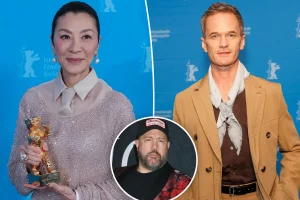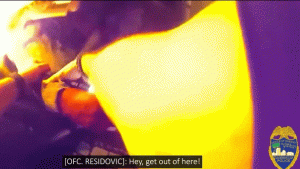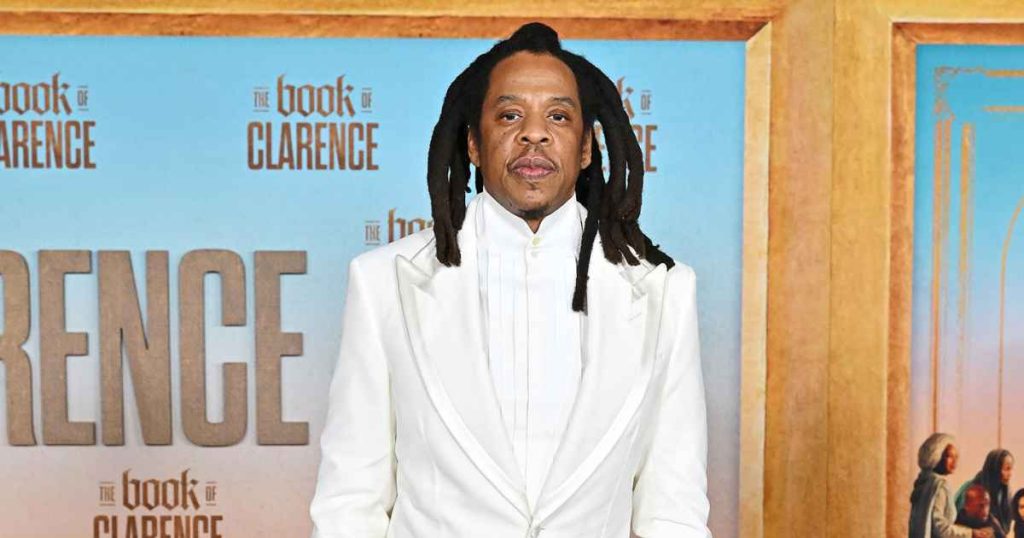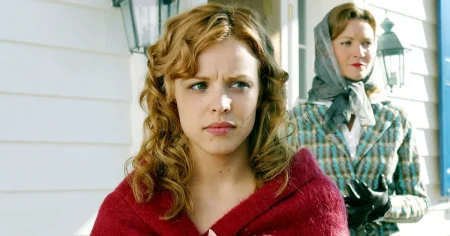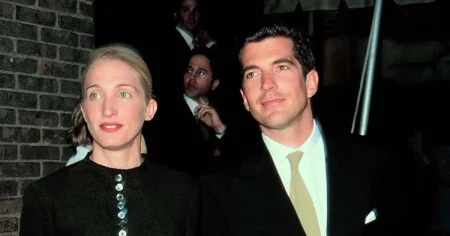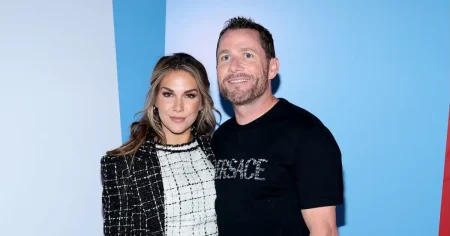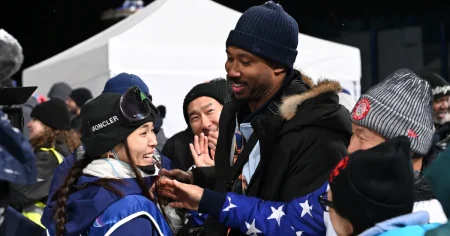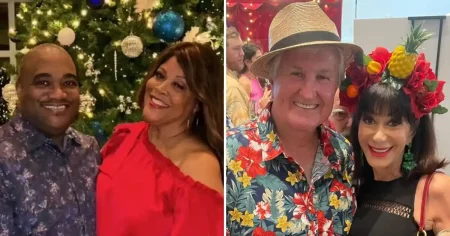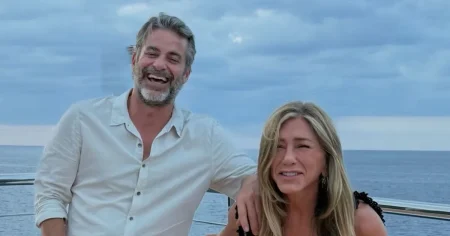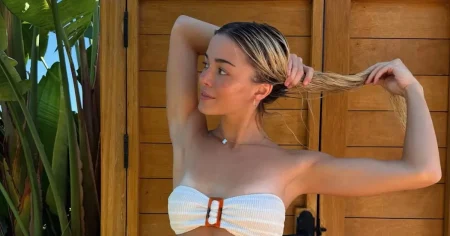This legal battle revolves around accusations of sexual assault against music moguls Jay-Z and Diddy, and the ensuing legal wrangling between the accuser’s attorney, Tony Buzbee, and the defendants. A woman, identified as Jane Doe, has filed a civil lawsuit alleging that both Jay-Z and Diddy sexually assaulted her when she was 13 years old at an MTV Video Music Awards afterparty in 2000. The lawsuit initially named only Diddy as a defendant but was later amended to include Jay-Z. The core of the accusation centers around this alleged assault, a claim both artists vehemently deny.
Jay-Z, in a strongly worded statement, categorically refutes the allegations, characterizing the lawsuit as an extortion attempt orchestrated by Buzbee. He asserts that Buzbee sent a demand letter, which Jay-Z interprets as blackmail, aiming to leverage the public nature of the accusations to pressure him into a settlement. Jay-Z maintains his innocence and refuses to pay any money, challenging the accuser to pursue criminal charges instead of a civil suit if the allegations are genuine. He emphasizes that such serious accusations, if true, warrant criminal prosecution and imprisonment.
Diddy’s legal team echoes Jay-Z’s sentiments, dismissing the lawsuit as a publicity stunt designed to extract money from celebrities. They argue that Buzbee is exploiting the existing allegations against Diddy to target other high-profile figures associated with him. Diddy’s attorneys express confidence in the judicial process and reiterate their client’s denial of any sexual assault or trafficking, emphasizing that the truth will prevail in court. They portray Buzbee’s legal actions as a pattern of frivolous lawsuits aimed at exploiting the fear of negative publicity.
At the center of this legal storm is Tony Buzbee, the attorney representing Jane Doe and several other accusers against Diddy in separate cases. Buzbee counters Jay-Z’s claims of extortion, stating that his client never demanded any monetary compensation but instead sought a confidential mediation. He accuses Jay-Z of attempting to bully and harass both him and his client since the demand letter was sent. Buzbee portrays his client as emboldened by Jay-Z’s actions, further solidifying her resolve to pursue the case. He frames the lawsuit as a legitimate pursuit of justice for his client.
Adding another layer of complexity to this legal entanglement, Buzbee himself is facing a lawsuit from an anonymous male celebrity. This individual alleges that Buzbee is attempting to extort large sums of money by threatening to file false and damaging allegations. The anonymous celebrity claims that Buzbee is leveraging the existing allegations against Diddy to target other individuals connected to him, creating a pattern of extortion. This countersuit further muddies the waters, raising questions about the motivations and credibility of the various parties involved.
The intersection of these lawsuits creates a complex legal narrative with accusations and counter-accusations flying between the involved parties. The central issue revolves around Jane Doe’s allegations of sexual assault against Jay-Z and Diddy, countered by their vehement denials and accusations of extortion against Buzbee. Buzbee, in turn, defends his client’s pursuit of justice, while simultaneously facing his own legal challenges from an anonymous celebrity claiming extortion. This intricate legal battle promises to unfold with further developments and revelations as the cases proceed through the legal system.
